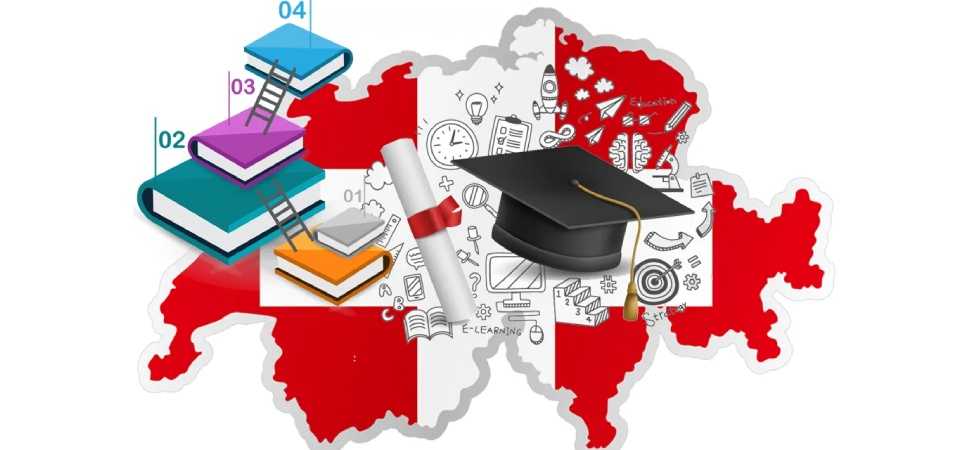
Switzerland is one of the most developed countries in the world, and its education system plays a key role in achieving this status. Modern approaches, a combination of tradition and innovation, and a focus on quality make Swiss education a model to follow. Find out more about the Swiss education system here: https://swiss-partner.biz/blog/how-the-school-system-works-in-switzerland.
The education structure and its unique features
The Swiss education system is divided into three levels: primary, secondary and tertiary. It is administered at the cantonal level, which allows for the specificities of each region to be taken into account. This decentralised structure gives schools and universities more freedom to adapt their programmes, which contributes to their flexibility and efficiency.
Primary education in Switzerland focuses on the development of basic skills such as reading, writing and maths. From an early age, children are encouraged to develop independence and critical thinking. Secondary education offers a variety of paths, including academic and vocational programmes, allowing students to choose a path according to their interests and abilities.
High standards and innovation
In Switzerland, special attention is paid to the quality of teaching. Teachers undergo rigorous training to meet high standards. In addition, modern technologies such as digital learning platforms and data analytics are actively integrated into the educational process.
The innovative approach is particularly evident in vocational education. The Dual Education System, which combines classroom learning with on-the-job practice, helps students gain in-demand skills and enter the labour market more successfully.
Multiculturalism and linguistic diversity
Switzerland is a country with four official languages, which makes its education system unique. Students learn at least two languages, which fosters multicultural thinking. This is particularly important in a country where economic and social diversity play a key role.
The multicultural environment fosters tolerance and understanding, which is reflected in the Swiss success on the international stage. Many graduates of Swiss schools and universities become leaders in various industries.

Conclusion
The Swiss education system is the result of a long journey of development, combining traditional values and modern innovations. Its high standards, support for diversity and emphasis on practical skills make it one of the best in the world. It is thanks to this approach that Switzerland maintains its status as a leading country, offering quality education that inspires other nations.


